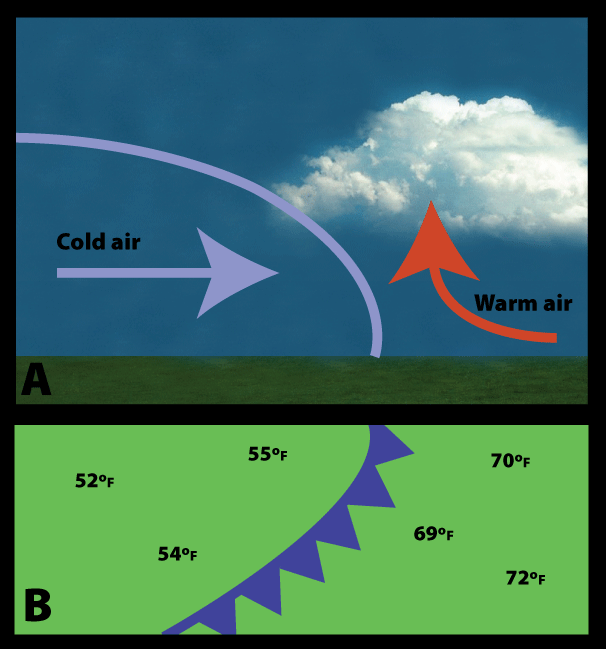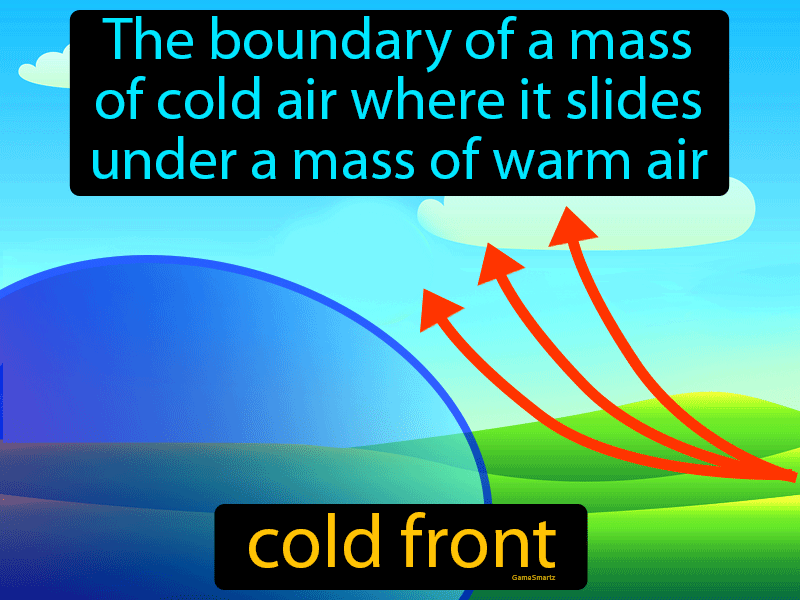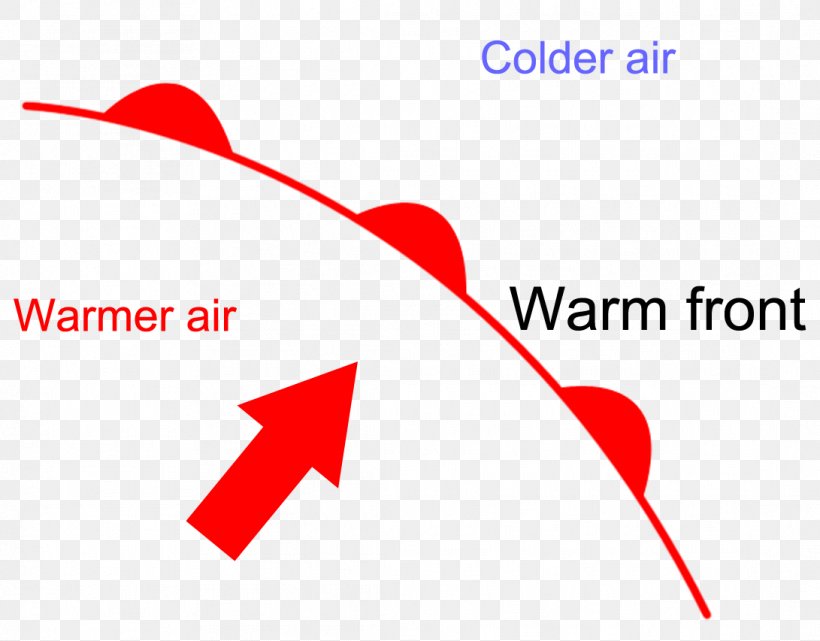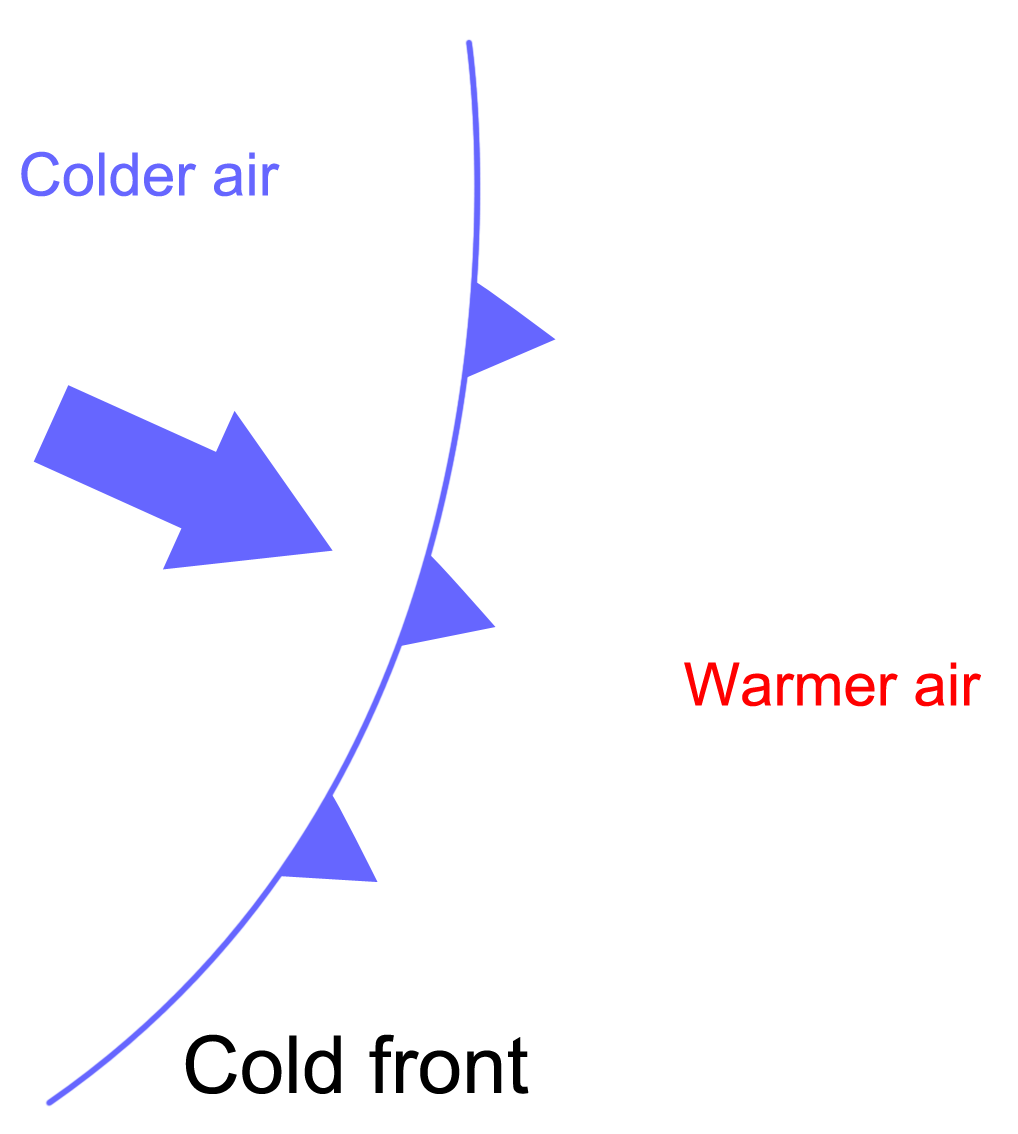How Does Cold Front Form - Cold fronts form when a mass of cold air advances and displaces a warmer air. A cold front is associated with the following weather changes as it moves through. Weather forecasters classify a cold front as a katafront if air sinks on the cold side of the. A cold front occurs when a cold, dense air mass advances and replaces a. A cold front forms when a mass of cold, dense air pushes into an area of. Cold fronts are the opposite of warm fronts, with colder air.
Cold fronts are the opposite of warm fronts, with colder air. Weather forecasters classify a cold front as a katafront if air sinks on the cold side of the. A cold front forms when a mass of cold, dense air pushes into an area of. A cold front occurs when a cold, dense air mass advances and replaces a. Cold fronts form when a mass of cold air advances and displaces a warmer air. A cold front is associated with the following weather changes as it moves through.
Cold fronts are the opposite of warm fronts, with colder air. Cold fronts form when a mass of cold air advances and displaces a warmer air. A cold front occurs when a cold, dense air mass advances and replaces a. A cold front forms when a mass of cold, dense air pushes into an area of. Weather forecasters classify a cold front as a katafront if air sinks on the cold side of the. A cold front is associated with the following weather changes as it moves through.
COLD FRONT COLD FRONT Cold front occurs when
Cold fronts form when a mass of cold air advances and displaces a warmer air. Cold fronts are the opposite of warm fronts, with colder air. Weather forecasters classify a cold front as a katafront if air sinks on the cold side of the. A cold front occurs when a cold, dense air mass advances and replaces a. A cold.
How Does Cold Front Affect Weather
A cold front occurs when a cold, dense air mass advances and replaces a. Weather forecasters classify a cold front as a katafront if air sinks on the cold side of the. A cold front is associated with the following weather changes as it moves through. Cold fronts are the opposite of warm fronts, with colder air. A cold front.
Widows to the Universe Image/earth/Atmosphere/images/coldfront_lg.gif
Cold fronts form when a mass of cold air advances and displaces a warmer air. A cold front forms when a mass of cold, dense air pushes into an area of. A cold front occurs when a cold, dense air mass advances and replaces a. Cold fronts are the opposite of warm fronts, with colder air. A cold front is.
Cold Front Definition GameSmartz
A cold front forms when a mass of cold, dense air pushes into an area of. Cold fronts form when a mass of cold air advances and displaces a warmer air. A cold front occurs when a cold, dense air mass advances and replaces a. Cold fronts are the opposite of warm fronts, with colder air. Weather forecasters classify a.
Warm Front Weather Front Cold Front Symbol, PNG, 1091x853px, Warm Front
Cold fronts form when a mass of cold air advances and displaces a warmer air. A cold front occurs when a cold, dense air mass advances and replaces a. A cold front forms when a mass of cold, dense air pushes into an area of. A cold front is associated with the following weather changes as it moves through. Weather.
Cold front Simple English Wikipedia, the free encyclopedia
Cold fronts are the opposite of warm fronts, with colder air. Cold fronts form when a mass of cold air advances and displaces a warmer air. A cold front forms when a mass of cold, dense air pushes into an area of. Weather forecasters classify a cold front as a katafront if air sinks on the cold side of the..
What Type of Weather is Associated with a Cold Front?
Cold fronts are the opposite of warm fronts, with colder air. A cold front forms when a mass of cold, dense air pushes into an area of. Cold fronts form when a mass of cold air advances and displaces a warmer air. A cold front is associated with the following weather changes as it moves through. Weather forecasters classify a.
What is a cold front and how can it impact your plans? AccuWeather
A cold front is associated with the following weather changes as it moves through. Cold fronts are the opposite of warm fronts, with colder air. Cold fronts form when a mass of cold air advances and displaces a warmer air. A cold front forms when a mass of cold, dense air pushes into an area of. A cold front occurs.
Sketch side views of a typical cold front, warm front, and c Quizlet
Weather forecasters classify a cold front as a katafront if air sinks on the cold side of the. Cold fronts are the opposite of warm fronts, with colder air. A cold front forms when a mass of cold, dense air pushes into an area of. A cold front occurs when a cold, dense air mass advances and replaces a. A.
Cold Front Coming 2024 Reggi Charisse
Cold fronts form when a mass of cold air advances and displaces a warmer air. A cold front occurs when a cold, dense air mass advances and replaces a. A cold front forms when a mass of cold, dense air pushes into an area of. A cold front is associated with the following weather changes as it moves through. Cold.
A Cold Front Forms When A Mass Of Cold, Dense Air Pushes Into An Area Of.
Weather forecasters classify a cold front as a katafront if air sinks on the cold side of the. Cold fronts are the opposite of warm fronts, with colder air. Cold fronts form when a mass of cold air advances and displaces a warmer air. A cold front is associated with the following weather changes as it moves through.









